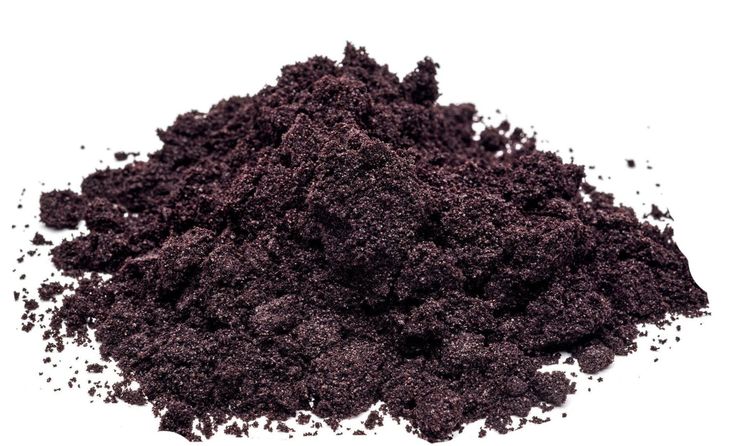Abstract
The fruit of Euterpe oleraceae, commonly known as acai, has been demonstrated to exhibit significantly high antioxidant capacity in vitro, especially for superoxide and peroxyl scavenging, and, therefore, may have possible health benefits. In this study, the antioxidant capacities of freeze-dried acai fruit pulp/skin powder (OptiAcai) were evaluated by different assays with various free radical sources. It was found to have exceptional activity against superoxide in the superoxide scavenging (SOD) assay, the highest of any food reported to date against the peroxyl radical as measured by the oxygen radical absorbance capacity assay with fluorescein as the fluorescent probe (ORACFL), and mild activity against both the peroxynitrite and hydroxyl radical by the peroxynitrite averting capacity (NORAC) and hydroxyl radical averting capacity (HORAC) assays, respectively. The SOD of acai was 1614 units/g, an extremely high scavenging capacity for O2*-, by far the highest of any fruit or vegetable tested to date. Total phenolics were also tested as comparison. In the total antioxidant (TAO) assay, antioxidants in acai were differentiated into “slow-acting” and “fast-acting” components. An assay measuring inhibition of reactive oxygen species (ROS) formation in freshly purified human neutrophils showed that antioxidants in acai are able to enter human cells in a fully functional form and to perform an oxygen quenching function at very low doses. Furthermore, other bioactivities related to anti-inflammation and immune functions were also investigated. Acai was found to be a potential cyclooxygenase (COX)-1 and COX-2 inhibitor. It also showed a weak effect on lipopolysaccharide (LPS)-induced nitric oxide but no effect on either lymphocyte proliferation and phagocytic capacity.
Schauss AG, Wu X, Prior RL, Ou B, Huang D, Owens J, Agarwal A, Jensen GS, Hart AN, Shanbrom E.






